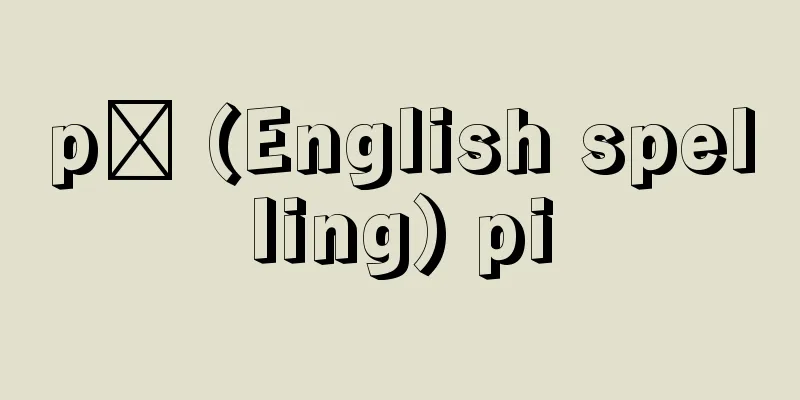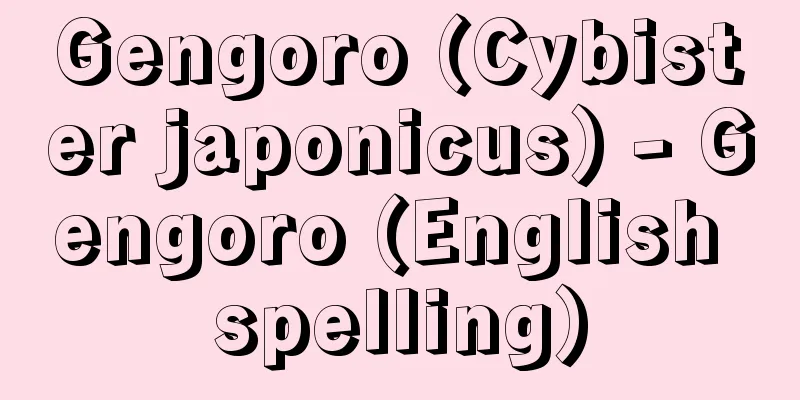Shiro Ozaki

|
Novelist. Born in Aichi Prefecture on February 5, 1898. Dropped out of Waseda University's Department of Political Science and Economics. He had been interested in politics since his days at Aichi Second Middle School (now Okazaki High School), and went on to Waseda University where he was active as an orator. He also frequented Sakai Toshihiko's Baibunsha publishing company and threw himself into the socialist movement, but eventually wrote "Escape" (1921) and left the movement to turn to literature. He was initially unfortunate, but in 1935 (Showa 10) he was brought into the limelight when Yasunari Kawabata praised his novel "The Theatre of Life - Youth Chapter" (1935). His personality and writing, reflecting traditional Japanese sentiment, resonated with the masses and aroused the national spirit of the people during World War II, making him an instantly popular author. He accompanied his family to the battlefield as a wartime writer, and serialized Ishida Mitsunari (1938) and Takasugi Shinsaku (1941) in newspapers. After the war, he was inevitably criticized for his wartime responsibilities due to the glamor of his wartime activities, but he remained unfazed by the trends of the times, remained true to his principles, and returned to the literary world, winning the Bungeishunju Reader's Award for his work The Emperor Organ Theory (1951). He was a fan of sumo and served as a member of the Yokozuna Council for the rest of his life. He died on February 19, 1964. He was awarded the Order of Cultural Merit (posthumous posthumous award). [Tsuzuki Hisayoshi] "The Complete Works of Shiro Ozaki, 12 volumes (1964-65, Kodansha)" ▽ "Father Shiro Ozaki, by Kazue Ozaki (1973, Mainichi Shimbun)" [Reference] |Source: Shogakukan Encyclopedia Nipponica About Encyclopedia Nipponica Information | Legend |
|
小説家。明治31年2月5日、愛知県生まれ。早稲田(わせだ)大学政治経済学科中退。愛知二中(現岡崎高校)時代から政治に関心を寄せ、早大に進んで雄弁家として活躍する一方、堺利彦(さかいとしひこ)の売文社に出入りして社会主義運動にも身を投じたが、やがて『逃避行(とうひこう)』(1921)を著して離脱し、文学に転じた。当初は不遇であったが、1935年(昭和10)川端康成(やすなり)が『人生劇場――青春篇(へん)』(1935)を絶賛して脚光を浴びる。伝統的な日本人的心情の反映した人柄と文学は、庶民大衆の共感をよび、第二次大戦下にあった人々の民族心を喚起して、一躍花形作家となり、従軍作家として戦地に赴き、『石田三成(みつなり)』(1938)や『高杉晋作(しんさく)』(1941)を新聞に連載した。戦後は、戦時下の活動が華やかであったがゆえに、戦争責任追及の指弾は免れえなかったが、時代の風潮に動揺せず節を守り、『天皇機関説』(1951)によって文芸春秋読者賞を受賞して文壇に復帰した。相撲(すもう)好きで横綱審議会委員を終生務めた。昭和39年2月19日没。文化功労者(没後追贈)。 [都築久義] 『『尾崎士郎全集』全12巻(1964~65・講談社)』▽『尾崎一枝著『父尾崎士郎』(1973・毎日新聞社)』 [参照項目] |出典 小学館 日本大百科全書(ニッポニカ)日本大百科全書(ニッポニカ)について 情報 | 凡例 |
Recommend
Provisional injunction - karishobun
There are two types of provisional dispositions f...
Sogyo Hachiman
Hachiman is depicted with shaved head and wearing ...
Kanze Kiyotsugu
⇒ Kan'ami Kanami Source: About Shogakukan Digi...
Kurdistan (English spelling)
The Kurdish inhabited area is mainly located in t...
Perdix dauuricae (English spelling) Perdix dauuricae
…In the narrow sense, it refers to the 41 species...
Fumihito Ayanomiya
…In 1956, he completed his audit course at the Fa...
Cabell, James Branch
Born April 14, 1879 in Richmond, Virginia. [Died] ...
Edo Domain Residence
...the residences of various feudal lords located...
Jacques Rivette
Born: March 1, 1928, Rouen [Died] January 29, 2016...
Opening the country - Kaikoku
At the end of the Edo period, pressure from the W...
Lo‐Ex (English spelling)
A type of heat-resistant aluminum alloy. It contai...
Keizo Yokokawa - Ousen Keisan
A Zen monk in the mid-Muromachi period. His pen n...
Paraponyx fluctuosalis (English spelling)
…The aquatic larvae breathe through their skin in...
Georges Ferdinand Bigot
French painter. Born in Paris, he studied at the ...
Akamuro (Oakamuro) - Akamuro
...They are caught by fishing and in fixed nets. ...









